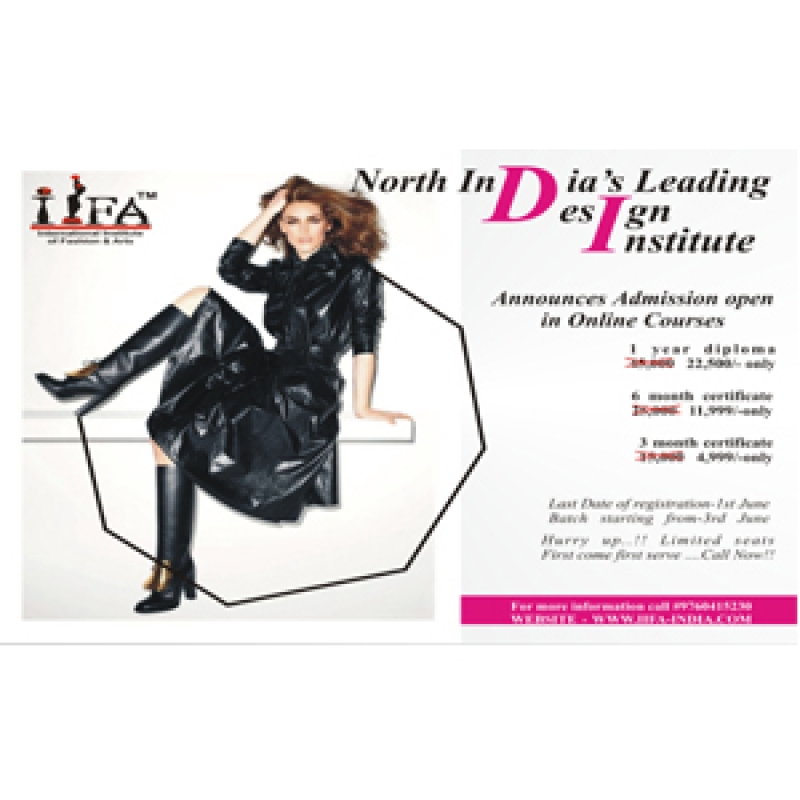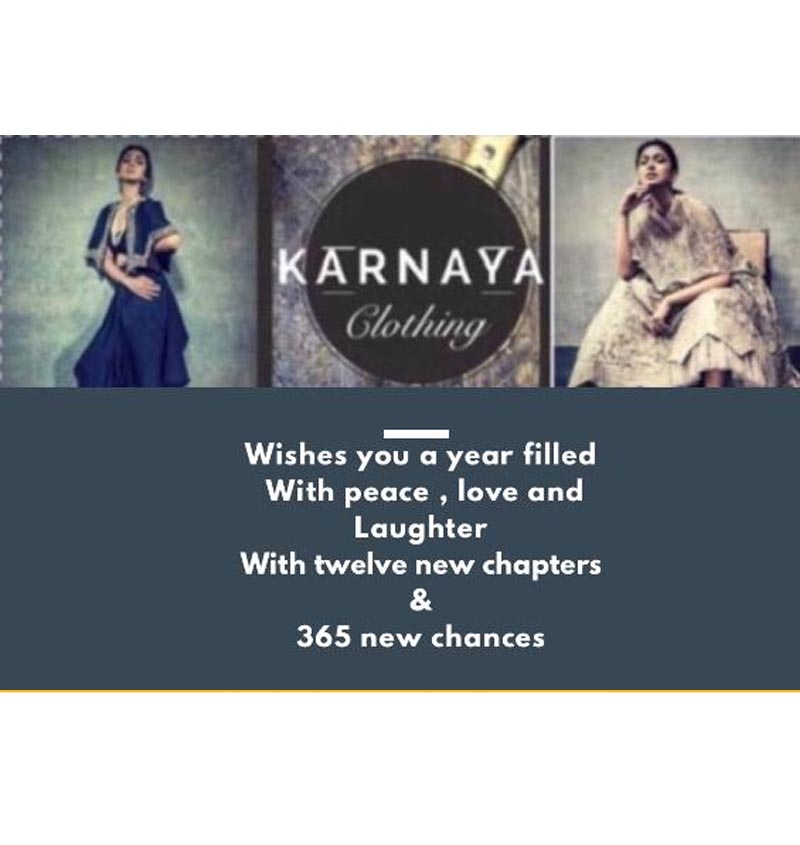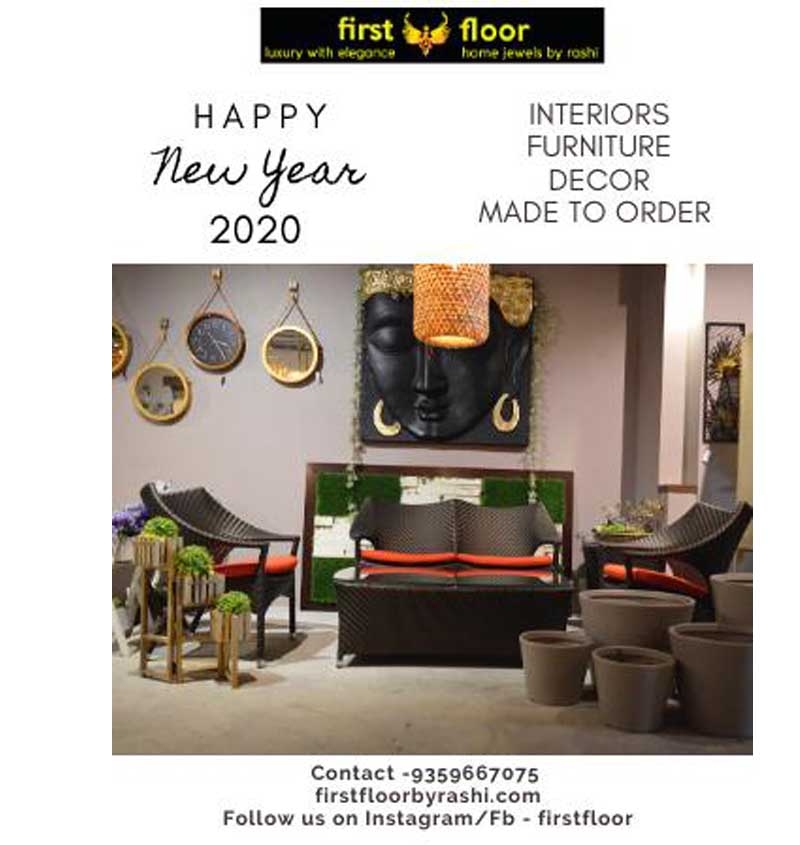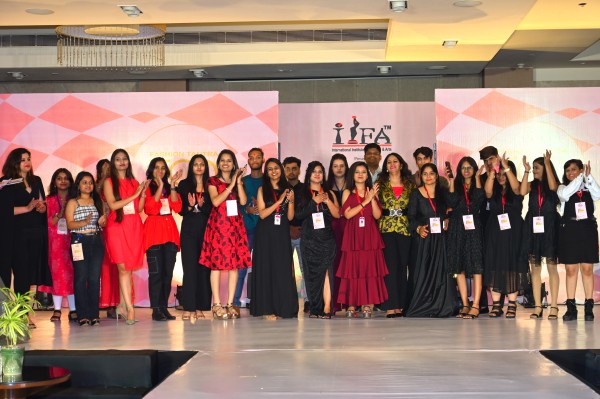Four months before Ashley Moore’s April wedding, she still didn’t have a wedding dress. After hours of searching, and even buying and returning a gown she’d changed her mind about, she finally fell in love with a dress she found at a department store. But what she didn’t love was the price. So, Moore scoured the internet and eventually found the same gown being sold online for less at Mytheresa, a luxury fashion company.
Moore, 26, who works as an event content creator in Dallas, typifies the modern bride: resourceful and social media savvy, with a finely tuned idea (honed through substantial research) of what she wants in a dress.
The coronavirus pandemic and its economic fallout shifted the bridal industry as ceremonies went virtual or were canceled, delayed, or downsized. Now, there is a boom afoot: Overall, the number of weddings in the United States has surged to figures not seen in four decades, with more than 2 million weddings predicted in 2023 for the second year in a row (there were 1.3 million weddings in 2020, 1.93 million in 2021 and 2.47 million in 2022), according to The Wedding Report, an industry trade group.
But bridal fashion and the way brides search for and purchase their wedding outfits has evolved, thanks to the demands of modern brides, many of whom are looking for unique, Instagrammable styles for multiple events.
A smarter, more informed bride
Gone are the days of flipping through the pages of a bridal magazine for inspiration. The 2023 bride has done her homework. “The thing about Gen Z brides is they do their research,” said Beth Chapman, the owner of the White Dress by the Shore, a boutique shop in Clinton, Connecticut, adding, “They’ll exhaust all of their options, and they really know their stuff.”
Brides may spend countless hours scrolling through social media, studying the gowns worn by influencers and celebrities, creating Pinterest boards, and surveying the websites of designers and retailers. Only after doing all that — often months later — will she consider making a purchase.
When that finally happens, she is likely to prioritize the gown’s appearance and functionality over the price tag. The average cost of a wedding dress now is higher than it has ever been, at $1,900, according to a study by The Knot.
For that amount of money, many brides expect some degree of pampering and personalization in the shopping experience.
“Brides don’t want to just get a dress off the rack,” said Randy Fenoli, a bridal designer and a host of “Say Yes to the Dress,” a popular reality television show that follows brides-to-be as they search for the perfect wedding dresses at the Kleinfeld Bridal boutique in New York.
Since the show’s debut in 2007, it has spawned spinoffs and become a cultural touchstone that Fenoli believes has influenced the broader bridal shopping tradition. “I think brides have watched it and seen that purchasing a wedding dress isn’t like going in and purchasing any other garment,” he said. “You bring your family and friends, Champagne is popped, there are cheering and tears, and it is really something that is more of an experience.”
After getting engaged last Christmas, Lori Bellino, 33, a sales executive in Houston, started hunting for the perfect wedding dress. “I wanted to share the shopping experience with my mom and friends, so I asked them to fly in,” she said. After putting together, a Pinterest board of dresses and creating a virtual collection of bridal looks that she had found, she visited several local stores with them. “I wanted to buy it in person to try it on,” Bellino said. “They had me stand on a podium, and imagine walking down the aisle, and ring the bell when I decided on the dress. You don’t get that experience online.”
The demand for a hands-on boutique experience may have contributed to the recent bankruptcy of David’s Bridal, the largest bridal retailer in the United States. David’s Bridal, which once dressed one-third of brides in the country, according to the company, filed for bankruptcy in April for the second time in nearly five years, one of many big retailers that were hit hard by the pandemic.
“We’ve proven it’s not a price or style issue,” Jim Marcum, the CEO of David’s Bridal, said in a video interview.
In an effort to better serve modern consumers, David’s Bridal announced plans to introduce a new boutique-like concept in multiple locations last year. According to a news release from the brand, this new store model is geared toward brides who desire a more personalized process, and it includes “a one-on-one shopping experience with an expertly trained stylist and in-house alterations artisan.”



















Your Message